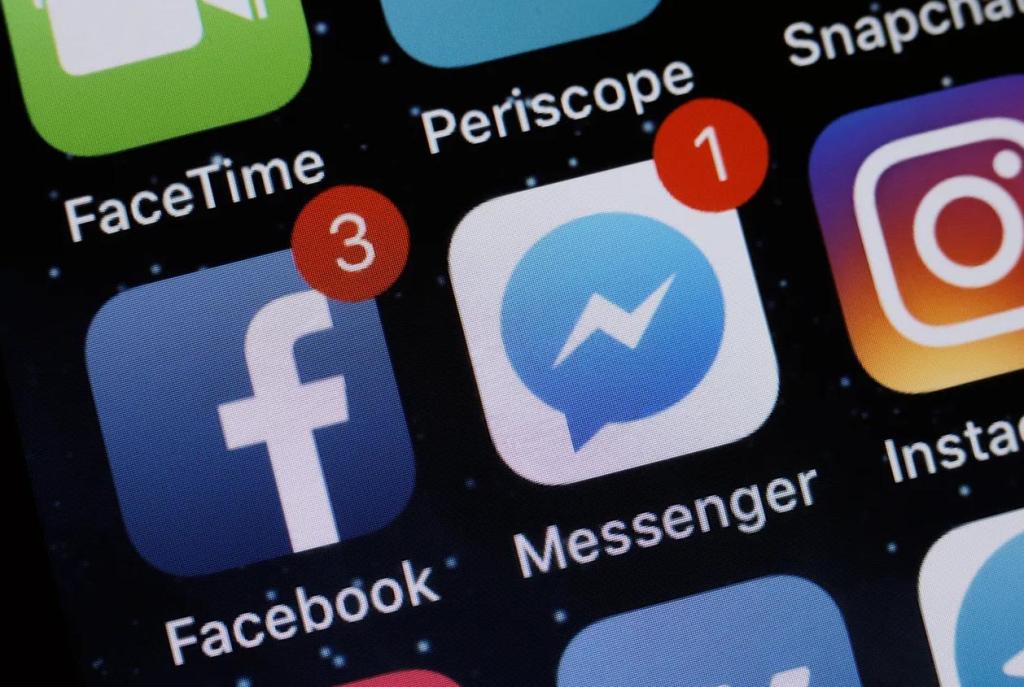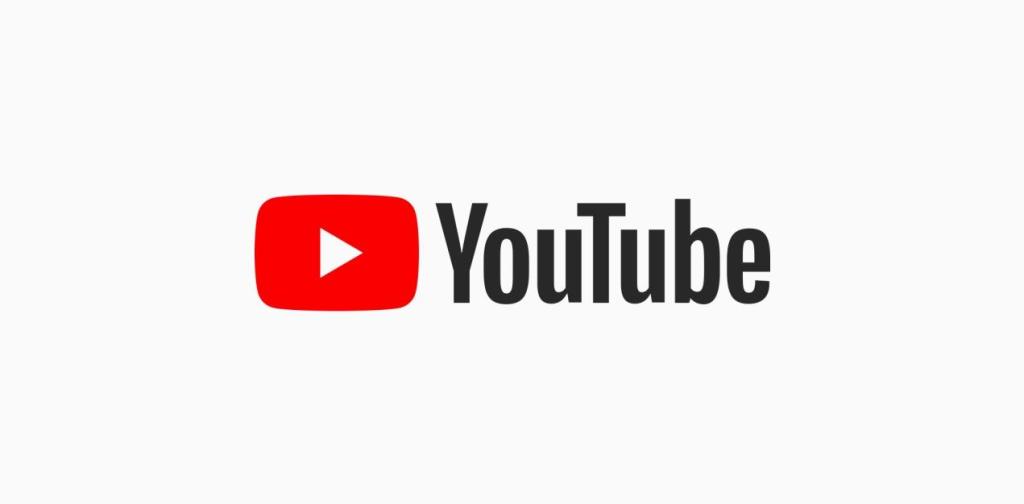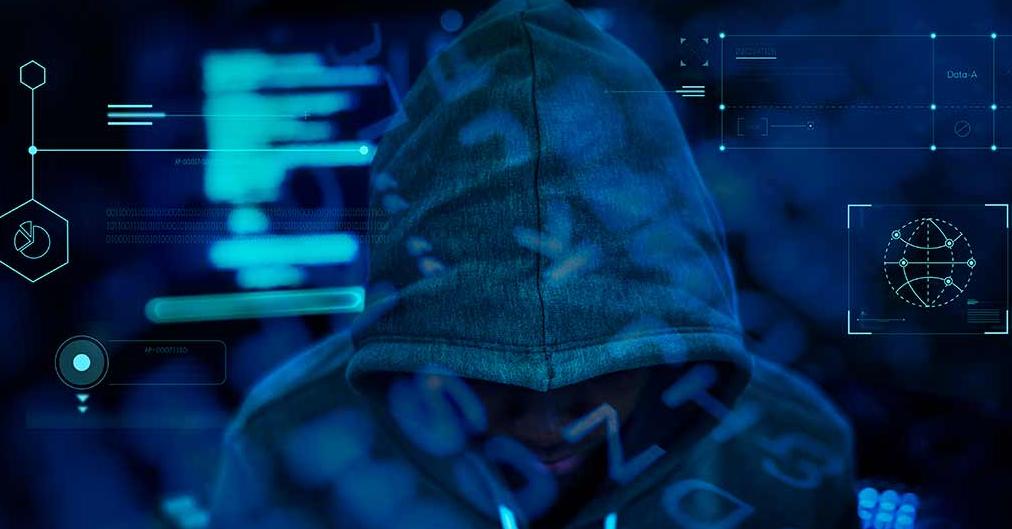Meta has unveiled a major security upgrade by introducing end-to-end encryption (E2EE) as the default setting for all chats and calls conducted on the Messenger app and the Facebook social media platform. This move ensures that user communications remain confidential and protected from unauthorized access.
End-to-end encryption safeguards data by making it readable only to the involved parties in a communication exchange. This means that any external attempts to access the information result in encountering scrambled, indecipherable data. The mechanism involves encrypting data on the sender’s device with a unique encryption key, ensuring secure transmission over the internet. The recipient then decrypts the message locally using a private key exclusive to them.

Interaction between two clients. Source: Meta
While the Messenger app previously offered E2EE as an optional feature known as “Secret Conversations” since 2016, Meta has now elevated its importance by making it the default setting for all users. This decision is aimed at enhancing the overall security posture of user communications.
Meta emphasizes that with E2EE enabled, no entity, including Meta itself, can access or view the content of messages unless users choose to report a specific message. This commitment to privacy underscores Meta’s dedication to securing user data.
To ensure encrypted communications and media remain accessible across all user devices, Meta has introduced a new encrypted storage and on-demand cyphertext retrieval system called Labyrinth. This innovative system is detailed in a whitepaper, offering insights into the technology that underpins the E2EE implementation in Messenger.
The newly implemented E2EE mechanism in Messenger is built on the open-source Signal protocol, emphasizing Meta’s commitment to leveraging proven and transparent security technologies.
For users accessing Instagram, WhatsApp, or Facebook via web browsers, Meta has introduced the Code Verify browser extension. This tool checks the integrity and currency of JavaScript libraries used by these services. Any alterations or tampering detected by the extension could compromise E2EE functionality, making it crucial for web users to install Code Verify to ensure the security of their communications.
Meta has announced that E2EE in group messaging on the Messenger app is currently undergoing testing and is slated for future releases. Additionally, users can now edit sent messages within a 15-minute window after transmission. The introduction of “disappearing messages,” which automatically vanish after 24 hours, adds another layer of privacy control for users.
Meta’s decision to implement default E2EE for Messenger and Facebook reflects a significant step towards enhancing user privacy and security. The use of innovative technologies like Labyrinth and the adoption of the open-source Signal protocol underscore Meta’s commitment to providing a secure communication environment for its users. As these new features roll out, users are encouraged to stay informed and take advantage of the added privacy controls afforded by E2EE.





Leave a comment